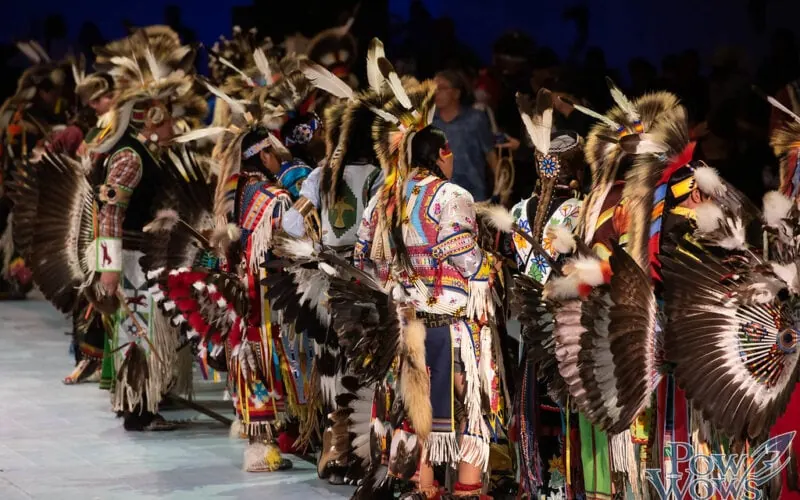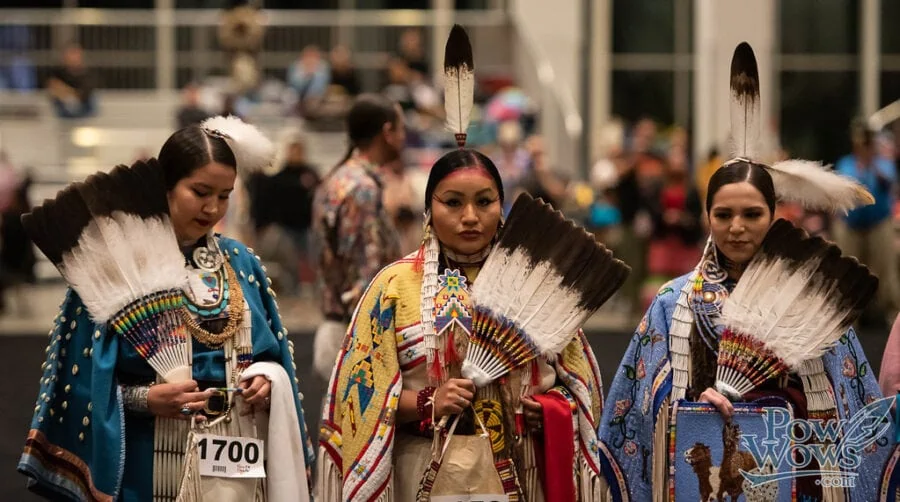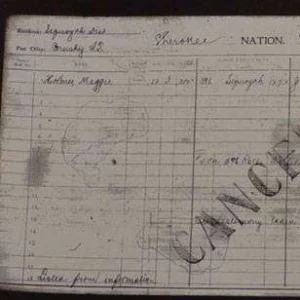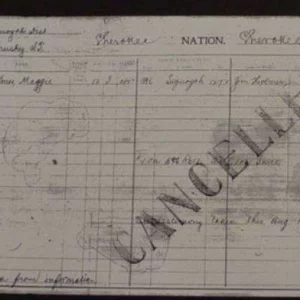For Native Americans, feathers are sacred items with deep religious and cultural significance. Owning feathers is a way of connecting with their heritage and traditions. But did you know that possessing certain types of feathers is considered illegal if not obtained properly?
Federal and state laws strictly regulate owning these feathers to protect vulnerable and endangered species like certain migratory birds and eagles and prevent poaching. One must go through various entities and channels to obtain and possess feathers legally. Read an overview of current Native American feather possession laws. Then learn about the procedures to legally access and possess protected feathers and who can get access and possess feathers.
Feather possession laws
Native Americans have a long history of using feathers for religious and cultural ceremonies. However, possessing certain feathers of endangered species protected under the Migratory Bird Treaty Act and the Bald and Golden Eagle Protection Act is illegal.
The Migratory Bird Treaty Act of 1918 “prohibits the take (including killing, capturing, selling, trading, and transport) of protected migratory bird species without prior authorization by the Department of Interior U.S. Fish and Wildlife Service.”
A complete and updated list of protected migratory birds can be found here.
The Bald and Golden Eagle Protection Act of 1940 provides criminal penalties for persons who “take, possess, sell, purchase, barter, offer to sell, purchase or barter, transport, export, or import, at any time or any manner, any bald eagle … [or any golden eagle], alive or dead, or any part (including feathers), nest, or egg thereof.”
While there are other laws and acts, such as the Lacey Act and local hunting laws, the Migratory Bird Treaty Act and Bald and Golden Eagle Protection Act are two that currently ensure the sustainability of populations of all protected bird species.
Obtaining a feather permit
To legally obtain and possess protected feathers, one must obtain a permit from the US Fish and Wildlife Service (USFWS). This includes recognizing who is eligible for a permit and the types of feathers and species these permits cover.
For example, let’s look at permit 3-200-15a for eagle parts for Native American religious purposes. The USFWS site makes it convenient for anyone to understand the permit, the criteria, and the application process.
To access these permits, the following people are eligible: enrolled Native tribal members or those eligible for enrollment, members of federally recognized tribes who are not Native Americans but a tribe employs them or their agency, and certain museums that meet specific criteria. The government provides these permits on a case-by-case basis, and the process can be lengthy and sometimes expensive. Moreover, the penalties for violating these laws can be severe, including fines and imprisonment.
Permits are not available for all feathers. For example, the USFWS doesn't issue permits for golden eagle feathers, as they are only accessible to enrolled members of federally recognized tribes. Killing or harming golden eagles may result in hefty fines or imprisonment. The Eagle Feather Law forbids possessing or selling bald eagle feathers, parts, or eggs. However, some exceptions are available for Native American religious purposes.
Consequences of illegally possessing protected feathers
There are significant reasons why the feather laws and procedures are in place. Anyone who threatens one of the protected bird species risks enormous consequences. These include monetary loss, time in jail, and a potential felony on their record.
A more specific example comes from the Bald and Golden Eagle Protection Act. Violating the act “can result in a fine of $100,000 ($200,000 for organizations), imprisonment for one year, or both, for a first offense. Penalties increase substantially for additional offenses, and a second violation of this Act is a felony.”
In comparison, a violation of the Migratory Bird Treaty Act offers a few hefty consequences:
- Misdemeanor offenses shall be fined a maximum of $5000 and imprisoned for not more than six months for individuals or a $10,000 fine for an organization.
- Felony offenses shall be fined a maximum of $250,000 and imprisoned for not more than two years for an individual or $100,000 for an organization.
One would be wise to leave the feathers alone unless the government permits you.
The possession of feathers holds great cultural and spiritual significance for Native Americans. However, strict federal laws govern their possession and use. Native Americans sometimes must navigate a complex, often slow process to obtain feathers legally. It is important that non-native individuals must abstain from possessing them altogether. As we continue to recognize and honor the importance of these sacred objects, we must respect and abide by the laws that protect them.





